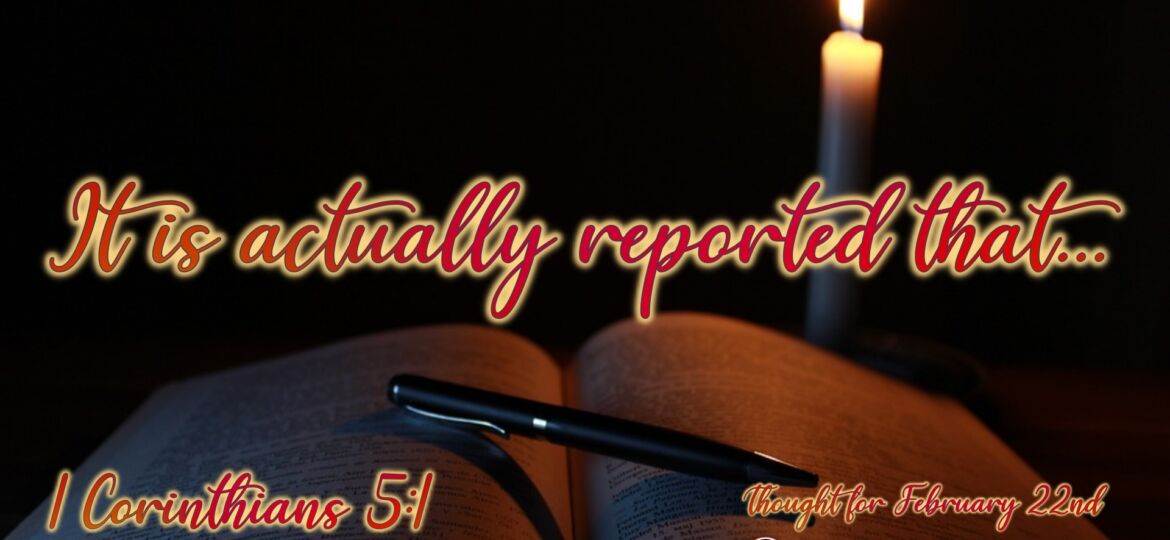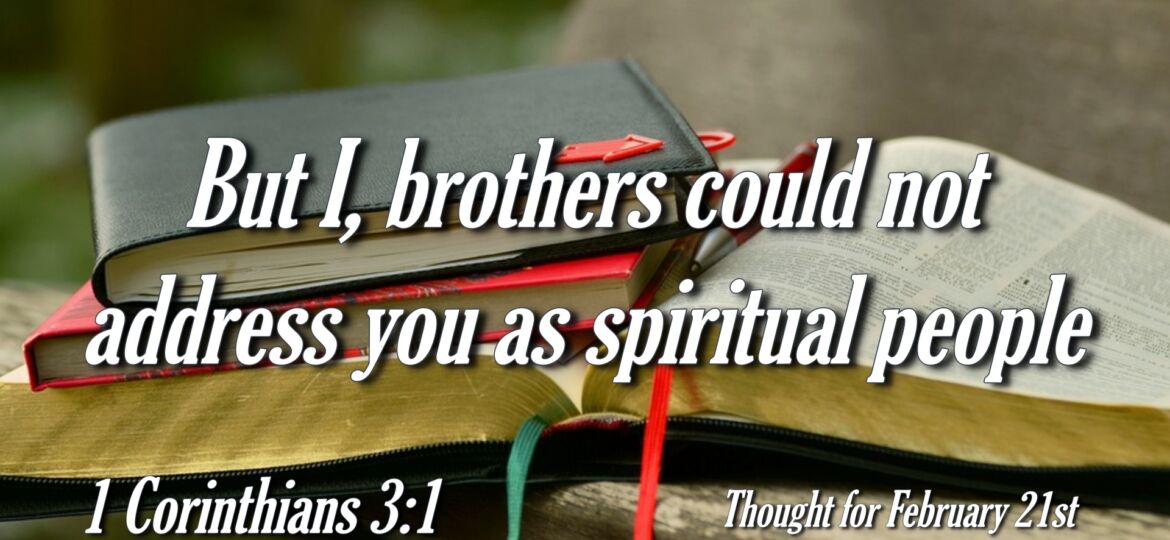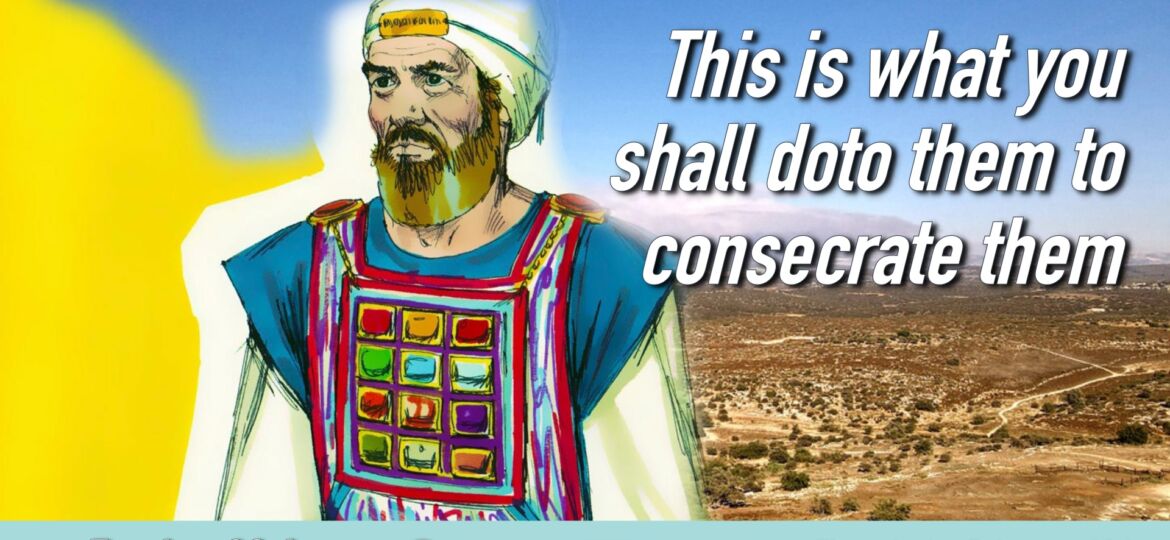It is natural to wish that life in serving Christ, in the assembly of believers, should be all smooth. So it should be and can be – if the members are dedicated and possess a true spiritual vision. Daily Bible reading is a foundation factor in creating this. Our reading today of Paul’s admonition to the believers at Corinth contains an important lesson of the need to take action when it is necessary, but any action must be undertaken in love, just as when parents see it necessary to discipline their child – out of love for their child.
We read, “It is actually reported that there is sexual immorality among you, and of a kind that is not tolerated even among pagans, for a man has his father’s wife. And you are arrogant!” [1 Cor.5 v.1,2] It does not say his mother, so we presume she has died and this is his father’s second wife. Why were they arrogant? Had their broadmindedness created this? Such “pride” is growing in many parts of the world today, a spirit of permissiveness that all things that do not actually hurt someone else are allowable, many churches are becoming at least a little affected by this and appear pleased with their attitude.
Paul says, “Your boasting is not good. Do you not know that a little leaven leavens the whole lump?” [v.6] As a permissive spirit spreads it corrupts everything – just like rust. This was starting to happen among the believers in Corinth and Paul is very concerned about this and he says, “you are to deliver this man to Satan for the destruction of the flesh so that his spirit may be saved in the day of the Lord.” [v.5]
It is not clear what “to deliver” him means. In his 2nd letter to them Paul writes of how “a thorn was given me in the flesh, a messenger of Satan to harass me, to keep me from being too elated” [12 v.7] Paul came to realize the positive side of this from God’s point of view and then wrote, “for the sake of Christ then, I am content with weaknesses … for when I am weak, then I am strong.” [v.10]
What is the type of strength that really matters? It is brought about by situations that cause believers to really know and trust in their Lord.
As this world grows more godless, believers must stand firm by Christ’s principles, noting Paul words, “I am writing to you not to associate with anyone who bears the name of brother (or sister) if he is guilty of sexual immorality or greed, or is an idolater, reviler, drunkard, or swindler …” [5 v.11]. Note his words in his 2nd letter (Ch. 2 v.2-8) and the good results that standing firm lead to in this case. Note also his words in Galatians 6 v.1
[embedyt] https://www.youtube.com/watch?v=lM4RnCLESjg[/embedyt]










